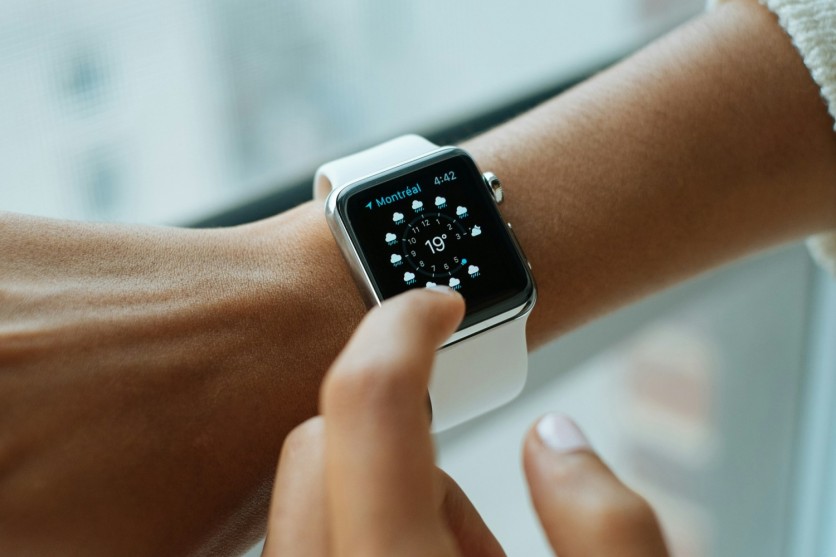Apple Watch has accomplished a noteworthy milestone in digital health with its atrial fibrillation (AFib) history feature now qualified by the FDA under its Medical Device Development Tools (MDDT) program.
The groundbreaking feature, first introduced in 2022, offers users diagnosed with AFib the ability to monitor how frequently their heart experiences irregular rhythms, marking a major advancement in accessible health monitoring technology.
Innovative Health Monitoring on Your Wrist

As reported by Apple Insider, the AFib History tool on Apple Watch utilizes pulse rate data collected through the device's photoplethysmography (PPG) sensor. This technology identifies episodes consistent with AFib and provides users with a retrospective estimate of their AFib burden. This burden is quantified by the amount of time the wearer's heart was in AFib during the period they wore the Apple Watch.
The Cupertino giant recommends this feature for individuals aged 22 years or older who have a confirmed diagnosis of atrial fibrillation.
Related Article : Apple Watch SE Down to $189 on Amazon; Enjoy $100 Off For Series 9
FDA Clearance and Clinical Validation
Prior to its public announcement, the AFib History feature had already received FDA clearance in the United States, supported by results from a comprehensive clinical study. This validation highlights the accuracy and reliability of the Apple Watch in monitoring key health indicators.
A Tool for Clinical Research
Recognized as the first digital health technology to be qualified under the MDDT program, the AFib History feature is a non-invasive method for monitoring estimates of atrial fibrillation burden. It is specifically designed to act as a biomarker test within clinical studies. This feature is important in evaluating the secondary effectiveness endpoint of clinical trials aimed at assessing the safety and efficacy of cardiac ablation devices used in treating AFib.
"The average difference between the AFib History Feature and the reference device's weekly burden estimate was 0.67% with a 95% confidence interval of (-0.05%, 1.38%). 92.9% (260/280) of subjects had paired weekly AFib burden differences within 5%; 95.7% (268/280) of subjects' weekly AFib burden estimates were within +10% of the reference," the FDA filing reads.
Furthermore, the device can be used throughout the duration of clinical studies, before and after the deployment of cardiac ablation devices, to provide a weekly estimate of a participant's AFib burden. This continuous monitoring is crucial for providing comprehensive data on the effectiveness of treatment interventions.
With this qualification, Apple Watch continues to position itself as a leader in integrating health monitoring capabilities into everyday consumer electronics, according to MacRumors.
As time goes by, the iPhone maker will continue to support the ongoing efforts to improve cardiac health treatments and outcomes. This development not only enhances the functionality of consumer wearables but also extends their application into clinical research, paving the way for a new era of tech-driven health insights.

ⓒ 2026 TECHTIMES.com All rights reserved. Do not reproduce without permission.




